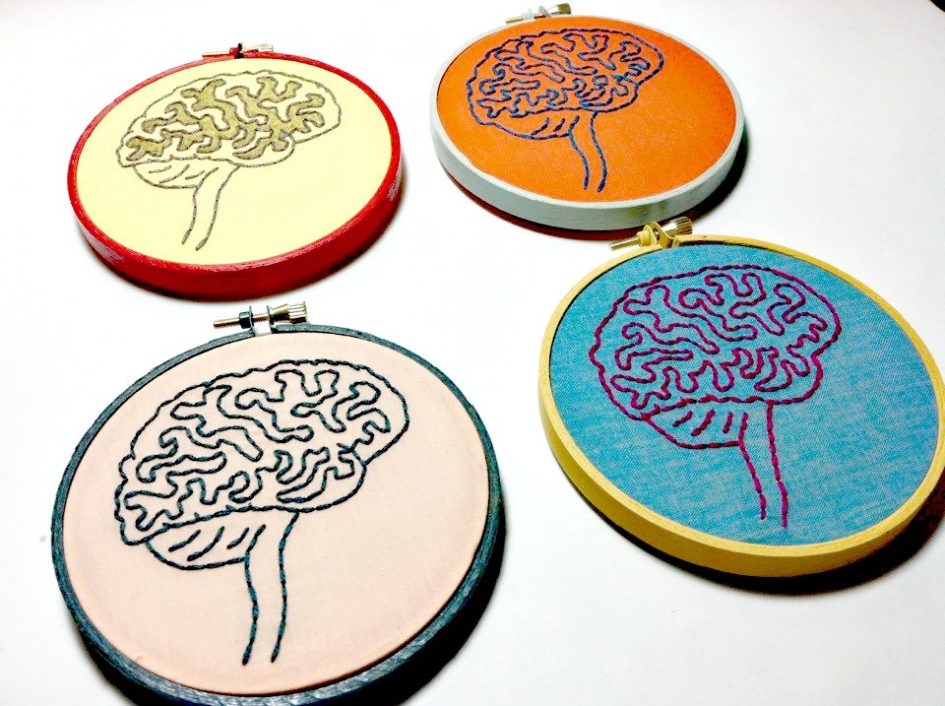The HSLS “How-To Talks by Postdocs” series is seeking postdocs interested in teaching a Neuroscience-related topic during our “Art on the Brain” exhibit from March 25th through May 31st. The exhibit will focus on the work of scientist/artist Greg Dunn. Please see the information below to find out how you can contribute to this very cool event (details coming soon).
The “How-To Talks by Postdocs“ series provides a low-stakes, minimal time commitment opportunity for you to gain teaching experience for which you will receive constructive feedback, a letter of acknowledgement, and optional videotaping of your 1-hour (or less) “how-to” style session. The particular topic you choose is entirely up to you and can be anything remotely related to biological sciences–the list below includes several topics that are broadly related to STEM. But you don’t need to be in biomedical or health sciences to participate.
CONTACT US to find out more information.
***Actively searching for instructors on any of these data-related topics:***
- Python / R / SPSS / your choice
- Julia Programming Language
- Data Visualization
- Data Cleaning
- Cataloging / Managing Image Files
- Depositing Data
- Writing Data Management Plans
- Sharing Your Data
- Asking Others for Their Data
Previous topics:
- CV preparation
- A guide to writing letters of recommendation
- UNIX for biologists
- Ethics of scientific image manipulation
- Using 3D printing for tissue engineering
- Molecular cloning
- Histology image processing using Photoshop
- Choosing matrices for 3D cell culture
- DNA/RNA immunoprecipitation & NGS
- Correlation of methylation profiles w/expression data
- CRISPR
- Protein expression analysis
- Identifying genes from exome sequencing
Possible teaching ideas:
How to …
- be a good mentor
- create a quality scientific poster
- review an paper for publication in a journal
- prepare for an interview
- maintain work-life balance as a postdoc
- use HPLC in your research (or any other technique)
- interpret mass spec data (or IR, NMR, or any other technique)
- handle cheating in the classroom
- etc – get creative!

